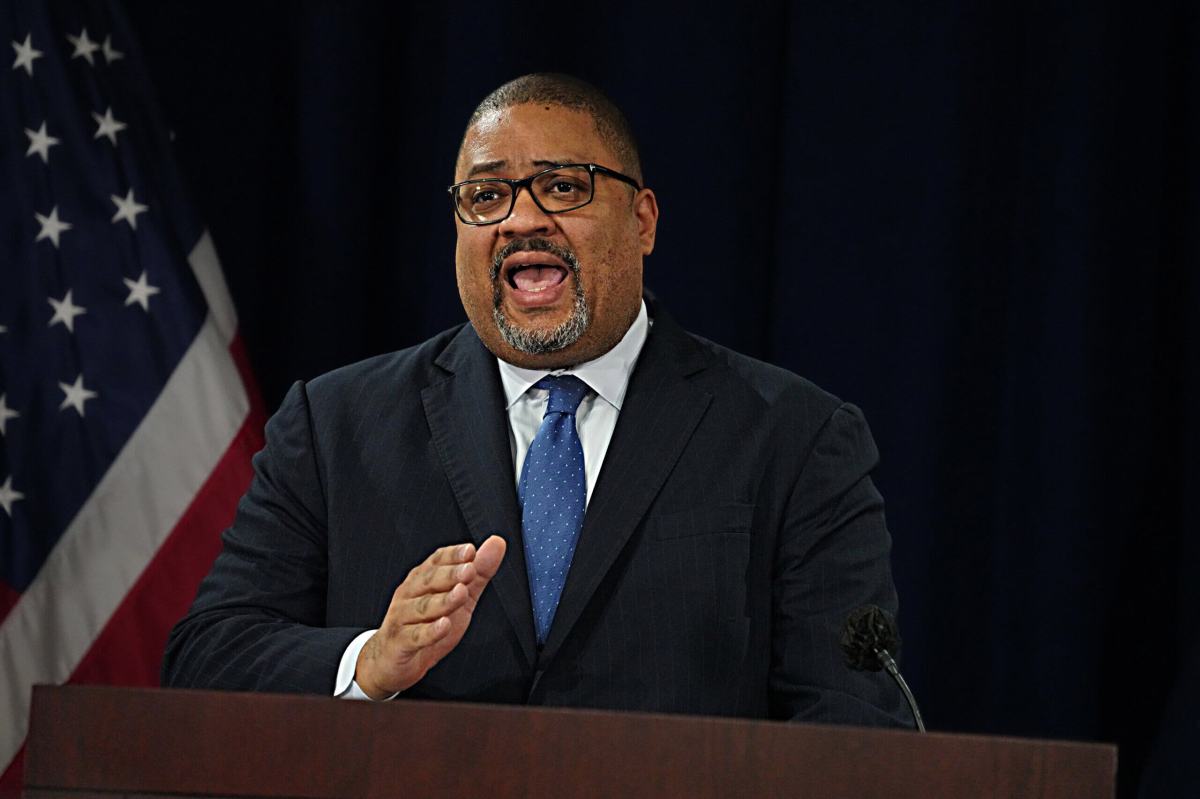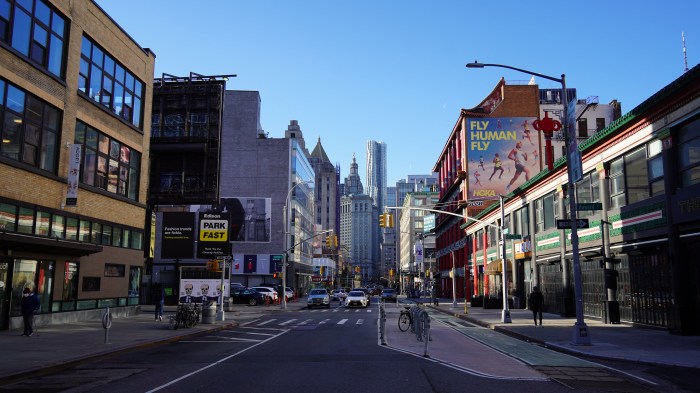By Roli Srivastava
MUMBAI (Thomson Reuters Foundation) – Shiny Varghese Padiyara knew she faced a race against time when a woman rescued from a brothel was brought to her shelter in the Indian city of Pune and then said she wanted to end her 19-week pregnancy. They had only a week left – after that, no abortion would be possible in India, which only permits terminations after 20 weeks in the rarest of circumstances.
So Padiyara rushed to make an abortion plea in the court that was hearing the woman’s sex trafficking case.
“A week lapsed by the time the plea came up for hearing. The court declined to even accept the plea, saying it had no say in the matter,” Padiyara, superintendent of Rescue Foundation shelter, told the Thomson Reuters Foundation. The woman, who was trafficked from West Bengal to Pune – a journey stretching across the breadth of India – delivered a son this month who she then gave up for adoption.
Counselors who work with trafficking and rape victims say that an unwanted pregnancy followed by adoption was a traumatic double punch for women who have already endured a sex crime.
“A 16-year-old told me she was offered no help when she wanted to terminate the pregnancy, but now she was being asked to give up the child for adoption,” said Leena Jadhav, a counselor. STRING OF PETITIONS
Over the last few months, India’s Supreme Court has received a string of petitions from women, including a rape survivor, asking to terminate pregnancies that had gone beyond 20 weeks.
In each case, the court referred the matter to expert medical committees before it allowed the abortions.
Indian law does permit terminations after 20 weeks but only on medical advice that the pregnant woman’s life is in danger.
Campaigners are demanding that the standard 20-week restriction is extended to 24 weeks, as most rape and trafficking victims report pregnancies late.
The activists also say that as courts base their rulings on medical opinion, doctors should be legally empowered to make the decision, ensuring that women are not pushed into a legal route.
“There are psychological and social reasons why women report pregnancies late. Hospitals should set up expert committees to take a decision,” said Sangeeta Rege of the Center for Enquiry into Health and Allied Themes (CEHAT), a health charity. DELAYED, DENIED
According to government data, 43 percent of the 9,127 trafficking victims in India in 2015 were below the age of 18.
Priti Patkar of anti-trafficking charity Prerana said she had dealt with cases where girls working in brothels knew they were pregnant, but assumed an abortion would be illegal, so said nothing until they were rescued, furthering the delays. CEHAT campaigned hard for a change to the law in rape cases, and hospitals must now administer an emergency contraceptive to a victim if she seeks help within 72 hours of an assault.
But when a victim approaches a hospital to seek an abortion after 20 weeks, citing sexual assault, she is asked for a copy of the First Information Report (FIR), or police record.
“Abortion is still not recognized as a right. The FIR has to be shown at the hospital to prove sexual assault to the doctor and that carrying the baby could result in mental agony,” said Jaya Sagade, vice principal of Indian Law Society’s Law College. Activists say that many rape victims do not want to file a criminal complaint, fearing stigma and further victimization, but are forced to report in order to get an abortion.
While changes have been made to Indian law to ensure that abortion can be provided if a pregnancy has resulted from sexual assault, it hardly ever happens, said activists, due to a slew of medical and legal formalities. “In the last three to four months, we have had at least four cases of women who have been denied abortion and all four were in their twentieth week of pregnancy,” said Rege.
VICTIMIZED AGAIN
Among those who approached Rege’s organization to seek help was a teenage rape victim who told the Thomson Reuters Foundation she never guessed she was pregnant when she missed her period for two consecutive months. She had not told her family about the abuse she had suffered, fearing their reaction, and realized she could be pregnant only when her stomach started swelling.
“I was very scared. My aunt took me to the hospital and I went there hoping to get an abortion, which I thought would put an end to my worry,” she said.
She was denied abortion as her pregnancy had passed the 20-week deadline. The teenager gave birth in January and the baby was given to an adoption agency.
(Reporting by Roli Srivastava. Editing by Ed Upright and Lyndsay Griffiths. Please credit Thomson Reuters Foundation, the charitable arm of Thomson Reuters, that covers humanitarian news, women’s rights, trafficking, property rights, climate change and resilience. Visit news.trust.org)


















